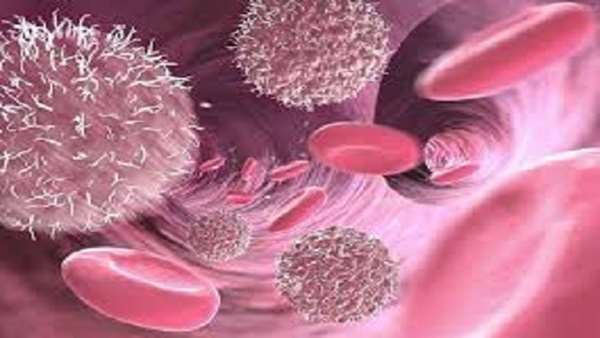Engraftment and in vivo proliferation advantage of gene corrected mobilized CD34+ cells from Fanconi anemia patients
Previous Fanconi anemia (FA) gene therapy studies have failed to demonstrate engraftment of gene corrected hematopoietic stem and progenitor cells (HSPC) from FA patients, either after autologous transplantation or infusion into immunodeficient mice. In this study we demonstrate that a validated short transduction protocol of G-CSF plus plerixafor-mobilized CD34+ cells from FA-A patients with a therapeutic FANCA-lentiviral vector corrects the phenotype of in vitro cultured hematopoietic progenitor cells.
Previous Fanconi anemia (FA) gene therapy studies have failed to demonstrate engraftment of gene corrected hematopoietic stem and progenitor cells (HSPC) from FA patients, either after autologous transplantation or infusion into immunodeficient mice. In this study we demonstrate that a validated short transduction protocol of G-CSF plus plerixafor-mobilized CD34+ cells from FA-A patients with a therapeutic FANCA-lentiviral vector corrects the phenotype of in vitro cultured hematopoietic progenitor cells. Transplantation of transduced FA CD34+ cells into immunodeficient mice resulted in reproducible engraftment of myeloid, lymphoid and CD34+ cells. Importantly, a marked increase in the proportion of phenotypically-corrected patient-derived hematopoietic cells was observed after transplantation with respect to the infused CD34+ graft, indicating the proliferative advantage of corrected FA-A repopulating cells. Our data demonstrate for the first time that optimized protocols of HSC collection, followed by the short and clinically-validated transduction of these cells with a therapeutic lentiviral vector results in the generation of phenotypically-corrected HSPCs capable of repopulating and developing proliferation advantage in immunodeficient mice. Our results suggest that clinical approaches for FA gene therapy similar to those utilized in this study will facilitate hematopoietic repopulation in FA patients with gene corrected HSPCs, opening new prospects for gene therapy of FA patients.





ارسال به دوستان